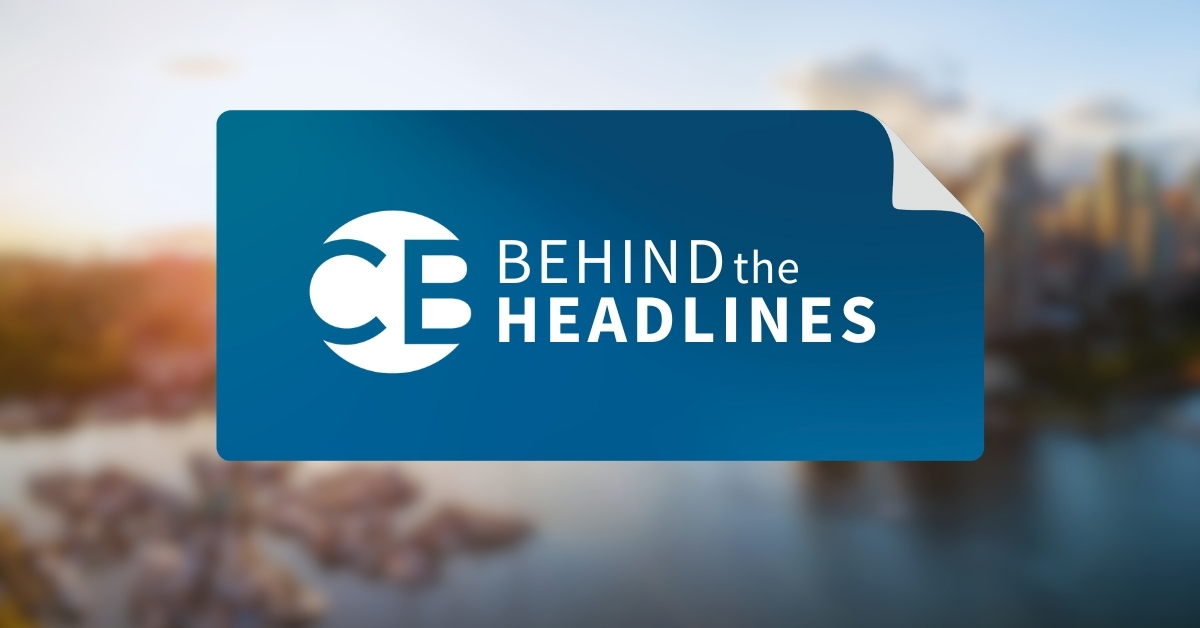
By Ira Srivastava
1. Nokia accelerates net-zero timeline. Nokia has been an industry leader when it comes to decarbonization. It was the first telecommunications company in the world to have its targets validated by the SBTi (Science Based Targets Initiative) in 2017. Nokia initially aimed to reach net-zero by 2050, but the company has announced a new goal of 2040. The company also has ambitious targets for the end of this decade, aiming to half Scope 1, 2, and 3 emissions from 2019 levels. Nokia’s strategy focuses on emissions reductions in different areas such as product design and innovation, supplying facilities with renewable energy, increasing energy efficiency and waste reduction, and carbon removal. At a time when many countries and organizations are falling behind in their net-zero goals, Nokia is an example to look up to.
2. S&P Dow Jones releases new biodiversity index. The world’s foremost index development organization has just launched the S&P Biodiversity Indices. The two indices “measure the performance of a subset of equity securities from the S&P 500 and S&P Global LargeMidCap indices” based on environmental impact metrics. They provide a new benchmark for companies to use to assess both their environmental impacts and dependencies. This is a crucial step in nature loss mitigation, as biodiversity impacts can be very complex and difficult to track. The indices touch on biodiversity loss, the Sustainable Development Goals, and emission metrics.
3. Walmart’s Project Gigaton a resounding success. In 2017, Walmart launched an ambitious initiative to collaborate with nearly 6,000 suppliers to “reduce, avoid or sequester 1 gigaton of greenhouse gas emissions in product value chains by 2030”. This month, Walmart announced that they had achieved that goal six years ahead of schedule. This was achieved by improving energy efficiency, reducing packaging material, waste reduction, and shipping optimization. Walmart also collaborated with organizations such as the World Wildlife Fund, World Resources Institute, CDP, and more to develop emissions reductions strategies. It also saw significant buy-in from suppliers due to the cost benefits of more efficient operations. Despite reaching their target early, Walmart plans on expanding the project with the end goal of managing Scope 3 emissions.
4. Deutsche Bank’s new Sustainable Finance Framework. Banks around the world have been under fire for financing the fossil fuel industry. Last week, Deutsche Bank launched a new framework to identify and label sustainable financial products. Such products will be labelled as environmentally sustainable if they take emissions reduction, adaptation, resource conservation, circularity, nature preservation, and pollution prevention into account. Socially sustainable projects fall into affordable housing, infrastructure improvements, food access, and economic development. The bank hopes to use these criteria to achieve its goal of 500 billion euros invested in sustainable products by 2025.
5. Standard Chartered CEO pushes back against anti-ESG movement. Bill Winters, the CEO of Standard Chartered defended ESG investing stating that it is good for business. ESG has been labelled as ‘woke capitalism’ by conservatives in the United States, with this year’s presidential election expected to have significant impacts on ESG. This pushback is not unique to the United States. The European Union’s groundbreaking climate and ESG legislation is now under pressure due to the cost of living crisis. Winters shared that despite the loud negative attention, he does not believe that companies are backing down on sustainability commitments. He shared that sustainable investing “is not political wokeness. This is do the right thing for the planet, do the right thing for your business”.
Ira Srivastava is Competent Boards’ Program Coordinator. Follow Competent Boards on LinkedIn.